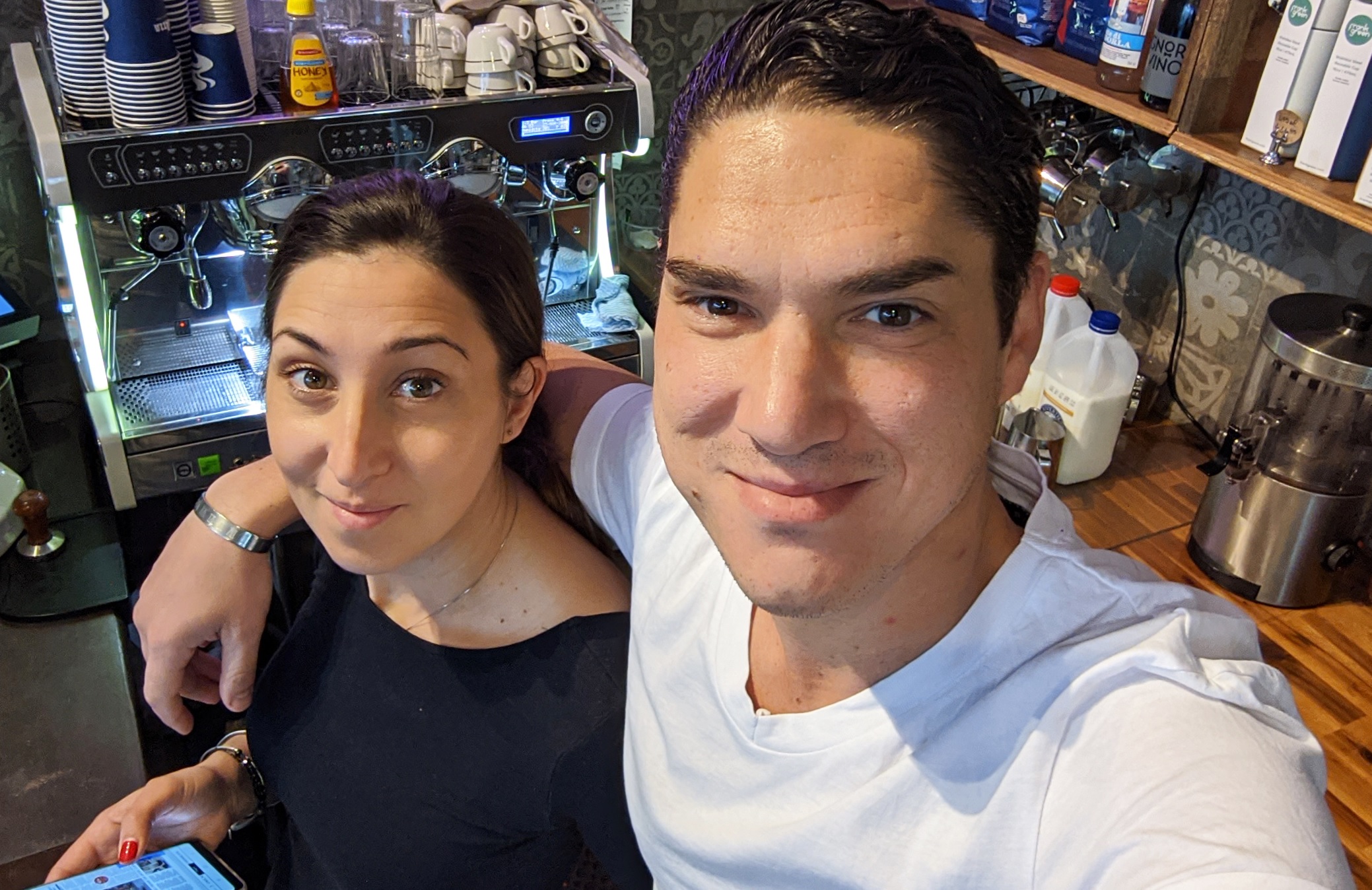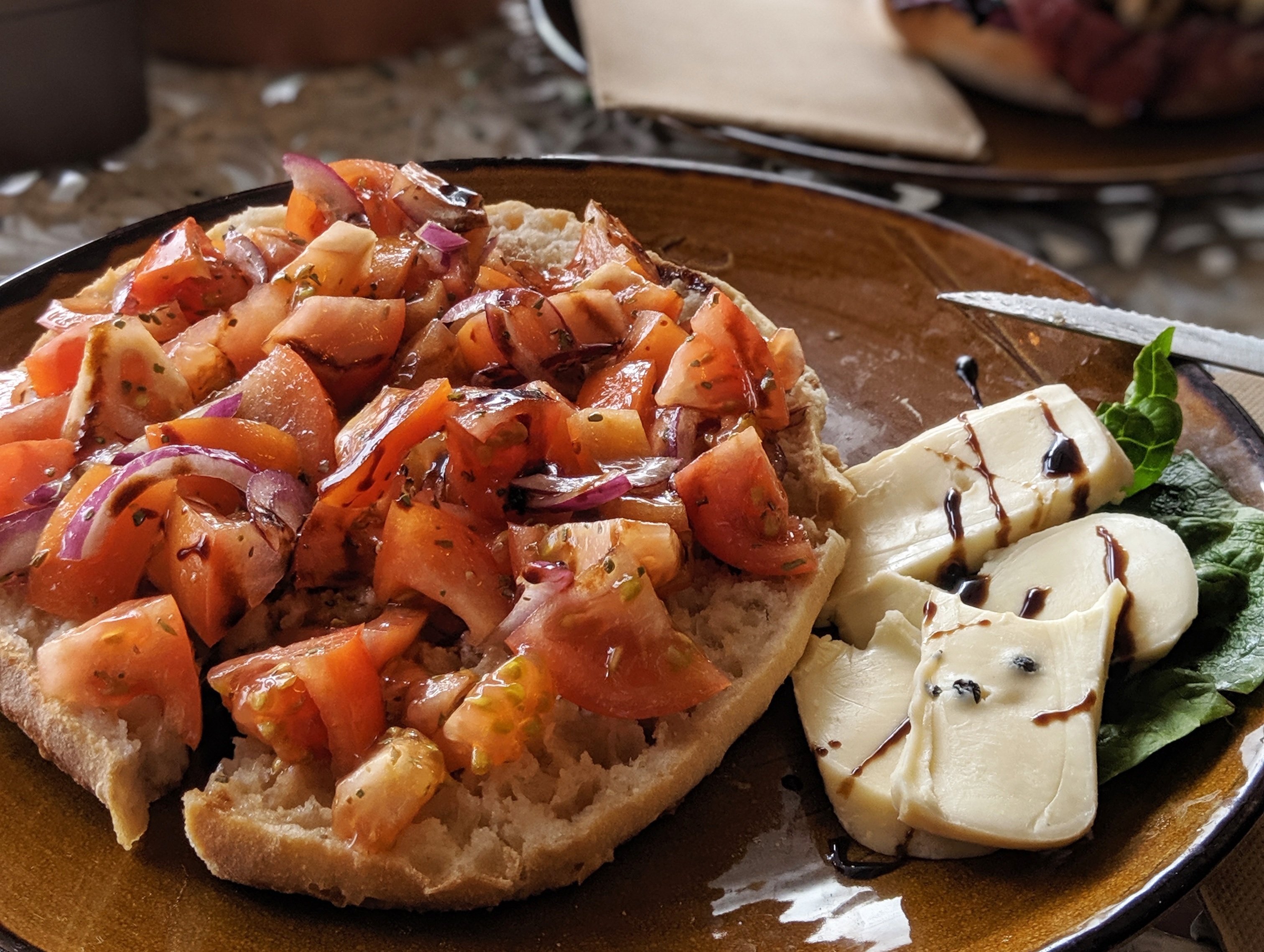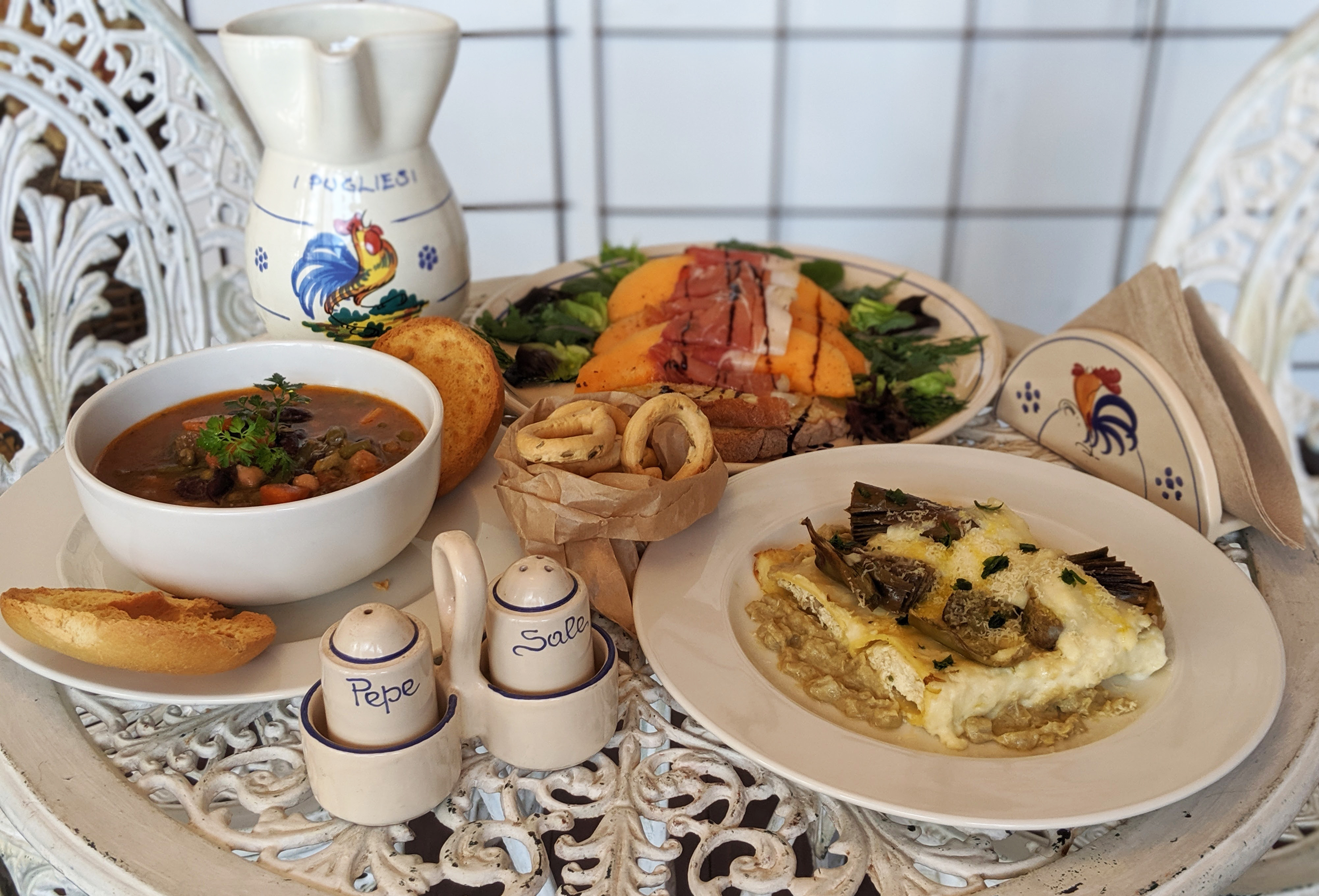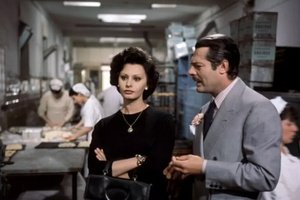Hailing from the Apulian town of Foce Varano, Mongelluzzi grew up in the female microcosm that was the Bella Italia pizzeria, opened by her grandmother to allow her daughters to have a job.
“I grew up in my grandmother’s pizzeria, with my mother and aunts,” she said in an interview with Rete Italia.
“I remember making coffee as a child, standing on a brick behind the counter in order to reach the machine.
“In my family, there are seven children – four daughters and three sons.
“The women were all involved in the pizzeria and the men are fishermen, so apart from pasta, biscuits and cakes, we also cooked a lot of fish.”
Meanwhile, Marcianò was born and raised in Melbourne but spent many summers as a child in Corigliano d’Otranto, where he also attended a year of school before his parents decided to return to Australia.
While the couple are extremely proud to call Melbourne home, they were driven by a sense of nostalgia for “the little things” to fill a gap in the market.
“We’d find ourselves sprinting around on a weekend for a stand-up espresso in Carlton, to an Italian deli in Brunswick, back home to roll some orecchiette, and then out for an aperitivo with friends,” the couple wrote on iPugliesi’s website.
“It was exhausting!
“So we tried to list the few things we stand for that we just can’t live without, and over a glass of primitivo, we wondered whether they could exist under one roof.
“By the end of the bottle, iPugliesi was born.”

Clara Mongelluzzi and Stefano Marcianò
The business’ four founding principles are: to drive a sense of piazza (togetherness); to promote the honesty of Apulian food and wine; to commit to a shared responsibility for cultural exchange; and to embed the mystique of the Apulian way of life and folklore.
iPugliesi opened its doors three years ago, and the business enjoyed 18 months of “normal” trading before the COVID-19 pandemic hit Australia and Melburnians suffered a series of long lockdowns.
“We had an extraordinary experience in the first year and a half, with customers dining in,” Mongelluzzi said.
“I’m a storyteller and there’s nothing I like more than having a chat with people, sharing the stories of my land and my recipes.
“It was a blast... it was what I needed to make me feel good in Australia.”
Mongelluzzi said iPugliesi was the first place to have tomato friseddhe, a bread dish typical of the southern-most part of Puglia, as a staple on the menu.
“Customers didn’t know how to eat them,” she added.
“Some people tried with a knife and fork, but you have to eat them with your hands.”

Tomato friseddhe by iPugliesi
The menu features many other traditional Apulian dishes, including the region’s favourite pasta – orecchiette – coated in a range of sauces.
Diners can also enjoy fresh seafood dishes and the Apulian street food, bombette – thin slices of capocollo stuffed with bacon and caciocavallo, then rolled up and cooked on the grill.
iPugliesi has not only survived, but thrived during Melbourne’s lockdowns, as residents in the area have had the chance to discover the local gem.
“We had the opportunity to make ourselves known,” Mongelluzzi said.
“We moved the tables and created a mini supermarket with dry pasta, sauces and many other products.”
Aside from promoting Apulian cuisine, Mongelluzzi and Marcianò are proud to have created a little slice of Italy in Coburg Hill, the redevelopment of the former Kodak factory.
“It’s a new neighbourhood in Coburg North where there are many young families, just like us,” Mongelluzzi concluded.
“They come to iPugliesi to have a coffee, but above all because they know they’ll find someone who they can stop and have a chat to, just like in Italy.”












